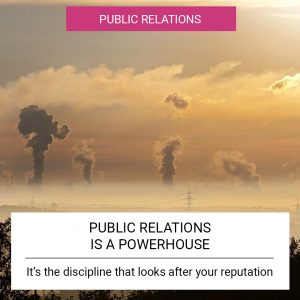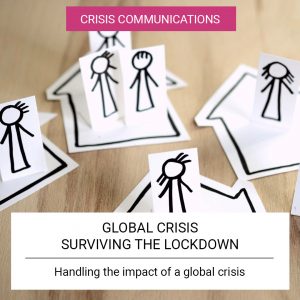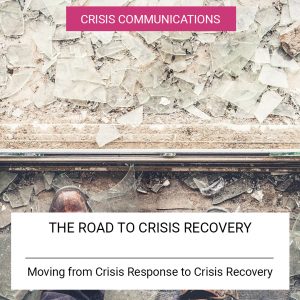
Creating your own regular branded content, is the mother of all blank pages. Creating content doesn’t have to be scary or complicated.
Getting media coverage for your brand is a must-have tactic for a well-rounded PR and Marketing strategy. Whilst the notion of pitching to the press may seem overwhelming to you, it’s not as difficult as it might seem. Armed with the knowledge of knowing what to write about, who to pitch to, and how to find media opportunities will put you in good stead to get the media coverage you deserve.
Before you can start pitching your news stories to journalists, bloggers or influencers, you need to be sure that what you’re sharing is news. A story may be interesting to you, but it needs to resonate with other people – ideally your target audience – too.
When brainstorming ideas for your news stories, have a think about whether your story is topical – is it relevant to current news? Is it a big story? You want to pitch your story to the relevant media outlet, which depend on the size and relevancy of your story. A story about a small business sits well with local news and industry specific channels. Whereas a well-known brand can garner interest from national and international media platforms.
Generally speaking, media news sources consist of newswires, valued contacts, PR professionals, tip-offs and members of the public. Your goal is to become a valued contact of key journalists, bloggers or influencers. Research the people you want to share your story with. Look at their past work and make sure it aligns with your story, industry or news angle. Reach out to them to start a relationship with them first. If you can, offer to help them to build a rapport before sending a press release. Journalists and editorial teams have limited time and resources so should welcome any help you can offer.
You can also do reactive pitching, which is a great way of building a relationship with key journalists for your brand. Actively search for media opportunities on social media, search #journorequest, or use a media enquiry service. These platforms connect you with the journalists searching for reputable sources. Offer your expert opinion for a story they’re covering, or respond to one they’ve already covered. This is particularly worthwhile if you have a difference of opinion to what’s been published.
When it comes to writing a press release, less is more. To improve your chances of being published, and securing media coverage, your press release should be written in the house style of a publication, fit on a single A4 page and be supported by a strong, captivating image. Additional information can be included in bullet point format as notes to the editor.
Your press release should cover the who, what, when, where, why and how of your story, and it should be written in a newspaper article format. The title should encapsulate the story, the first sentence should give a little more detail but still be an overview of the whole story. As the story progresses you should provide more detail, as this style allows your story to be shortened, if required.
Finally, if you haven’t got one already, add a page dedicated to your media coverage to your website. You want to make it easy for the media to get any content they need to run your story. Include downloadable hi-res images, descriptions and information about your business and key personnel. You can also publish your press releases and showcase previous coverage that you’ve secured too.
This article was first published in the Suffolk Free Press, Thursday 12 August 2021.

Creating your own regular branded content, is the mother of all blank pages. Creating content doesn’t have to be scary or complicated.

What can public relations do for your business? Public relations (PR) is at the heart of everything your business does. It’s a force to be reckoned with.

A global crisis has impacted every aspect of our daily lives. Let’s take a look at what you can do to keep going and survive the lockdown.

Be prepared and know when to transition from Crisis Response to Crisis Recovery to protect your brand reputation.
© 2019-2020 All rights reserved
Knight Media Communications Ltd | Company no. 12064990